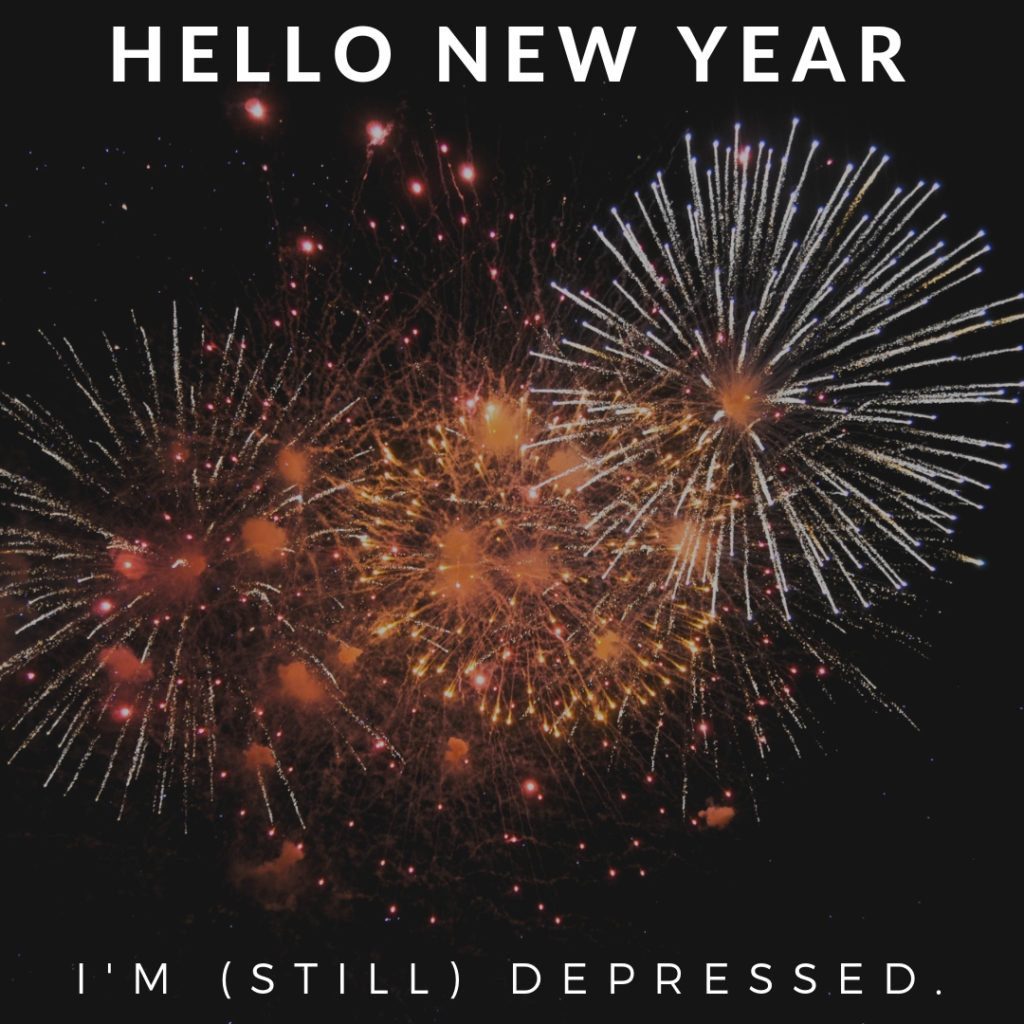

Depression Series, Part 1: What If You Told The Truth About How You Really Feel?
Note about this series: Society does not give us space to talk about how we really feel. And even when that space becomes available, the last thing that’s talked about is depression. And even when we talk about depression, we don’t talk about who it affects beyond the person who walks around with an ever-present rainy cloud over their head, the listless or catatonic person, or prescription drugs. But depression affects far more people and situations. It is, for some, maybe even most, an everyday experience. Depression is no respecter of persons. Most of us have experienced some form of depression. But we don’t acknowledge it because we’re too busy being “ok.” Or if we do acknowledge it, we don’t talk about it. Society doesn’t give us the space to talk about. This series is about that space.
A couple of years ago, I posted the scene from the movie Black Sheep where Chris Farley falls down a hill, as it was the perfect illustration of my year. I didn’t share on social media what was going on, but my family underwent serious physical and financial challenges, as well as discovering three weeks later that my boyfriend was cheating on me. I was not living my best life; I was struggling to manage a very challenging one.
In my line of work, I am well aware of the fact that when someone dares to be open and honest about their pain, someone in their life will give them the advice that their healing will come if they ignore the pain and keep it moving. For example, a dear friend of mine took my grief recovery class, and the first week of class she looked like a deer caught in headlights. When class was over, she told me, “We (her family) don’t do this.” If you grew up in a family that did not make room for discussions of any emotional nature, you too, may have been trained to be emotionally silent.
Or maybe there are other customs, beliefs, or practices that lead you to believe there is no purpose in looking at your pain. When I promoted a webinar called “You Can Heal Your Broken Heart,” one person responded that she found that Jesus is all she needs. While that sounds like a good thing to say, what I find perplexing about her statement of faith is the idea that our spiritual faith somehow perfects us emotionally. I have not found that to be true of anyone, ever. We all have aspects of our emotional maturity that are “under construction.”
So I have a sunshine-and-rainbow degree level of happiness to see the tide turning with respect to conversations surrounding mental health. In the African-American community alone, we can have conversations that were previously “not what we do.”
Myliek Teele is an entrepreneur/blogger who talked about going to therapy and when she first opened up about it, she didn’t have books like Shook One to back her up on why consciously addressing your mental health is an integral aspect of self-care. But the tide is turning. And conversations are being had. And people are reaching out for help. And healing is taking place. And it starts from being able to confess that I/you don’t have it all together.
In upcoming blogs, I am going to talk about the many faces of depression. The gamut runs as wide as just not feeling as happy as you used to be, all the way to taking prescription medication. Because in 2019, there are some things we need to talk about. At long last.
Consider this an open invitation to talk online and/or in person. Each month I host workshops for those who want to talk and learn to use the tools of grief recovery to face the emotions that may be holding us back. With this blog, we’ll start a conversation that you may want to continue in person. If that’s the case, consider this an open invitation. If so, click here for more information.


Let Me Know When You Post Something New
